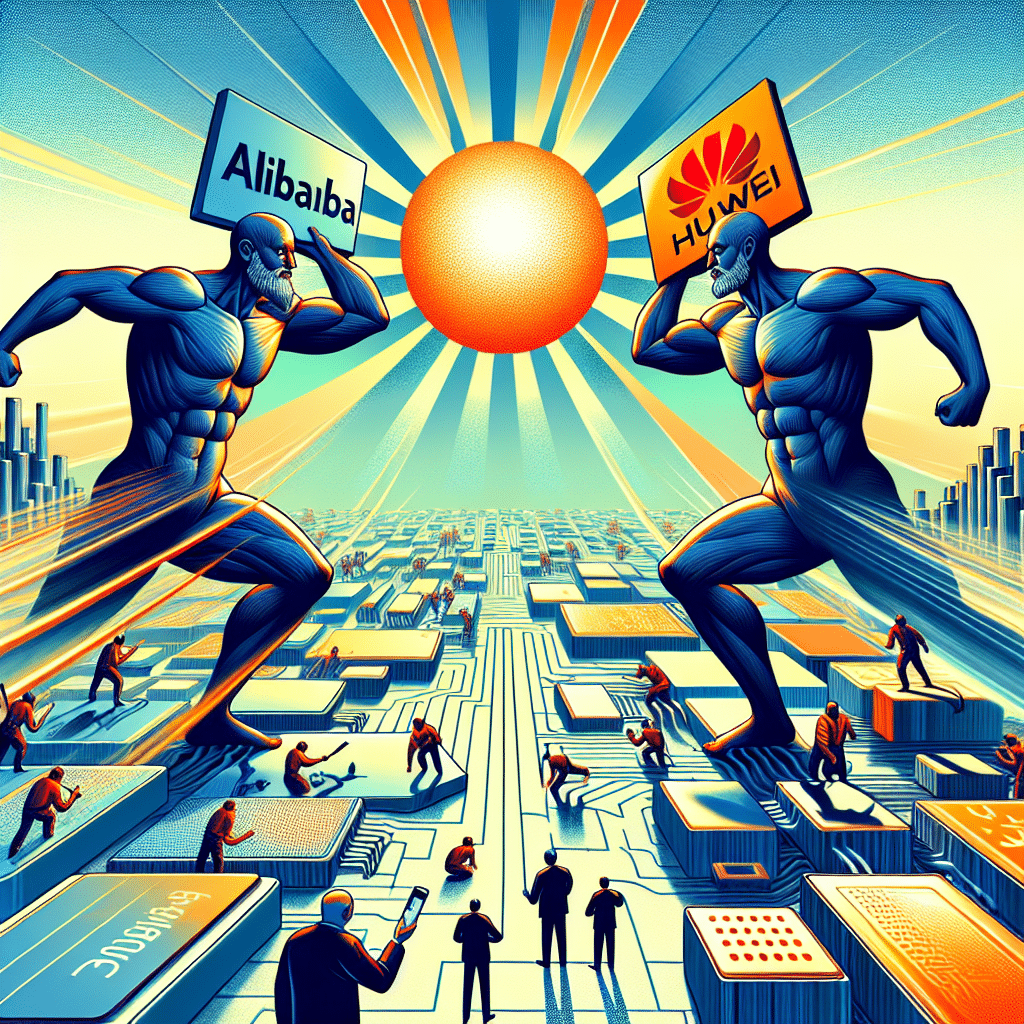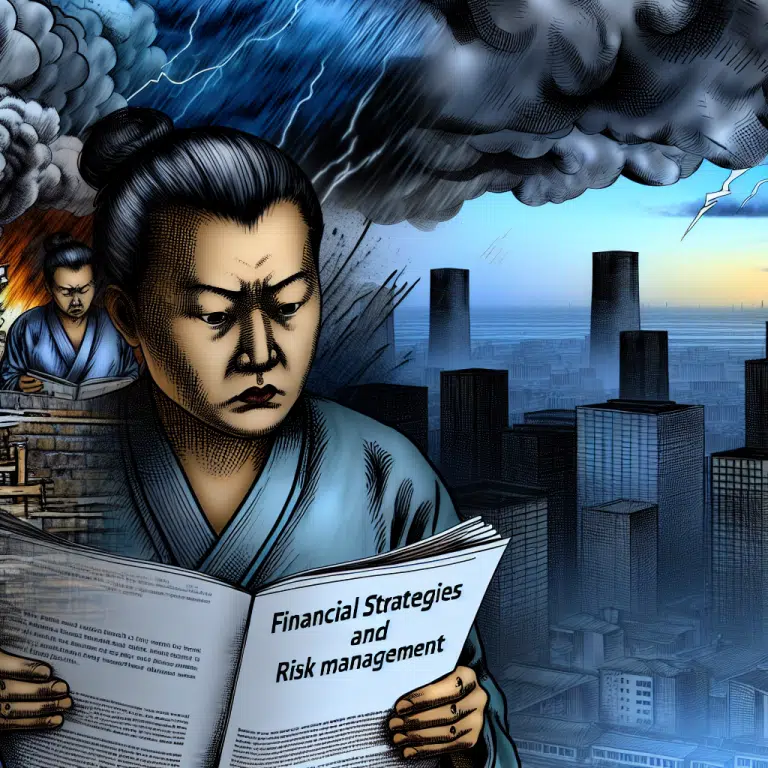China’s Chip Battle Heats Up: How Alibaba and Huawei Are Poised to Reshape the Semiconductor Landscape and What It Means for Investors
China’s Bold Semiconductor Play: What Investors Must Know Now
China’s recent moves to clamp down on Nvidia’s AI chip sales mark a pivotal escalation in the ongoing tech and trade rivalry with the U.S.—and savvy investors need to pay close attention. This isn’t just another headline about tariffs or trade skirmishes; it’s a strategic pivot with deep implications for the semiconductor industry, AI innovation, and global market dynamics.
The Beijing Ban: More Than Just a Chip Freeze
On September 17, China’s internet regulator ordered major tech companies to halt all purchases of Nvidia’s AI chips, canceling existing orders. This ban goes beyond previous restrictions that targeted only Nvidia’s H20 chip. Beijing’s goal is crystal clear: build a self-sufficient semiconductor ecosystem that can compete head-to-head with the U.S. This move is about more than trade—it’s about technological sovereignty and dominance in AI, which is poised to be the cornerstone of the next industrial revolution.
Nvidia’s shares dropped 2.62% on the news, reflecting investor anxiety over losing a major market. But the real story is the potential erosion of Nvidia’s global market share if China successfully develops lower-cost, competitive chips. According to Brian Tycangco of Stansberry Research, this $100 billion market value loss might just be the opening salvo in a broader challenge to Nvidia’s dominance.
Alibaba and Huawei: The New Titans Rising
China isn’t just blocking U.S. tech; it’s aggressively backing homegrown champions. Alibaba recently inked a deal with China Unicom to supply its T-Head AI chips, signaling a serious push to replace Nvidia domestically. Alibaba’s $53.5 billion investment over three years in AI infrastructure underscores Beijing’s commitment to this vision.
Huawei is also accelerating its chip development, with plans to launch the Ascend 950PR chip by Q4 2026 and follow-up releases through 2028. These developments suggest that China’s semiconductor ambitions are long-term and well-funded.
Year-to-date, Alibaba’s stock has surged nearly 98%, far outpacing Nvidia’s 26.8% gain. This performance gap highlights investor confidence in China’s tech giants amid geopolitical tensions.
What This Means for Investors and Advisors
-
Diversify Geographically and Technologically: The semiconductor supply chain is fragmenting. Investors heavily concentrated in U.S. chipmakers like Nvidia should consider exposure to Asian tech firms gaining ground, such as Alibaba and Huawei. This diversification can hedge against geopolitical risks and capture growth in emerging markets.
-
Monitor AI Chip Innovations: The battle for AI chip supremacy will drive innovation and volatility. Investors should track advancements from Chinese firms and emerging startups that could disrupt incumbents. For advisors, educating clients about these shifts is crucial for informed portfolio management.
-
Prepare for Market Volatility: Trade tensions and regulatory actions will continue to roil markets. Staying nimble and ready to adjust positions in response to new developments is key. This includes watching U.S. policy moves, such as tariffs and export controls, which can rapidly alter the investment landscape.
-
Evaluate Long-Term Trends: China’s push for semiconductor independence is part of a broader strategy to lead in AI and technology. This aligns with global trends emphasizing tech sovereignty, national security, and innovation ecosystems. Investors should think beyond short-term shocks and position for the structural growth in AI and semiconductors.
What’s Next?
Expect Beijing to double down on semiconductor R&D and strategic partnerships, possibly accelerating chip production capabilities. Meanwhile, the U.S. may respond with tighter export controls or incentives to boost domestic chip manufacturing. This tit-for-tat could reshape global supply chains.
For investors, the coming 12-24 months will be critical. Those who can identify winners in this evolving landscape—whether established giants adapting to new realities or nimble Chinese firms capitalizing on state support—stand to benefit. According to the Semiconductor Industry Association, global chip sales are projected to grow over 8% annually through 2027, driven largely by AI and 5G demand. This growth underscores the sector’s long-term potential despite geopolitical headwinds.
Final Takeaway
China’s semiconductor crackdown on Nvidia is a wake-up call: the global tech race is intensifying, and market leadership is not guaranteed. Investors must rethink their chip and AI exposure, embrace geographic diversification, and stay alert to policy shifts. The winners won’t just be those with the best technology but those who navigate this complex geopolitical arena with agility and insight.
For those looking to stay ahead, Extreme Investor Network will continue delivering exclusive analysis and actionable strategies as this high-stakes battle unfolds. Stay tuned for deep dives on emerging chipmakers, policy impacts, and how to position your portfolio for the AI-driven future.
Source: China Escalates Chip War, Alibaba and Huawei Emerge as Winners







